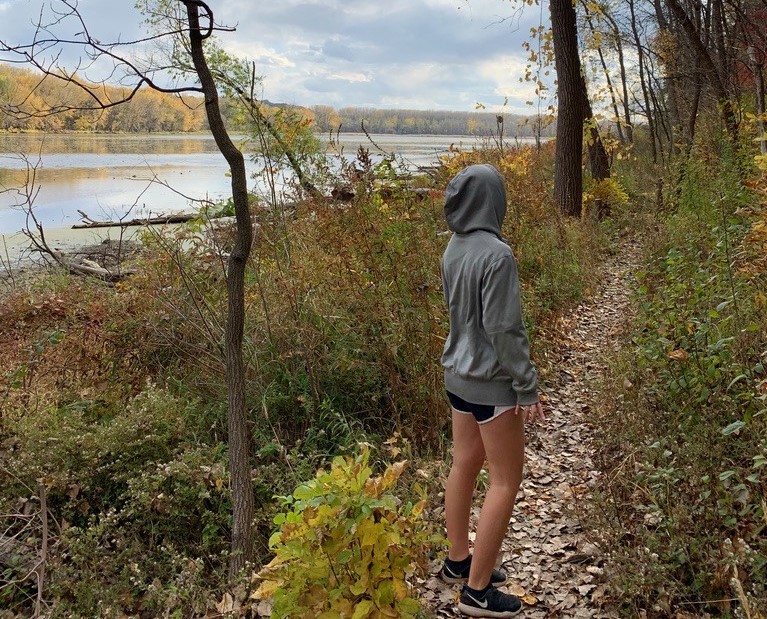Brief
The Power of Place and Context
While hiking with my daughter the other day, I was reminded of the importance of this Connected Science Learning issue theme: “Get Out: Connected Learning Experiences Without Walls.” She recently finished her first year of college where she is majoring in ecology and was lucky enough to land a summer fellowship with a nonprofit associated with the National Park Service. While in the woods, she began telling me about a recent hike she went on as part of her fellowship, where the guide was pointing out different native plants that are edible or medicinal, giving tips for identification, and telling generations-old stories about their traditional applications. She said, “I don’t know why, but it’s easier to identify the plants from that hike than the ones I learned about in my natural resources class back at school.” Curious, I began to ask some questions. Pretty soon, it became apparent. For her class, they had learned about different plants found in the local forest while indoors and through images. It wasn’t until they were tested on plant identification that they went outdoors. Her experience is just one example illustrating the power of place and context to learning.
This issue of Connected Science Learning features articles that tell a similar story—from using an app to learn physics at a playground, monitoring microplastics in surface water and learning about the real problems associated with this type of pollution, and engaging students in their local watershed to simultaneously learn science and cultivate a mindset for civic engagement. And, check back in August for even more articles on this topic. We hope that you find yourself inspired to create more STEM learning opportunities for your students to get out!
Beth Murphy, PhD (bmurphy@nsta.org), is field editor for Connected Science Learning and an independent STEM education consultant with expertise in fostering collaboration between organizations and schools, providing professional learning experiences for educators, and implementing program evaluation that supports practitioners to do their best work.
citation: Murphy, B. 2023. The power of place and context. Connected Science Learning 5 (4).


